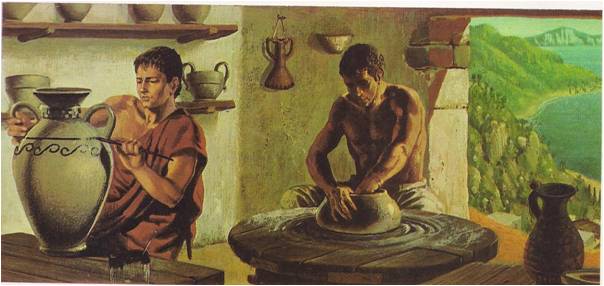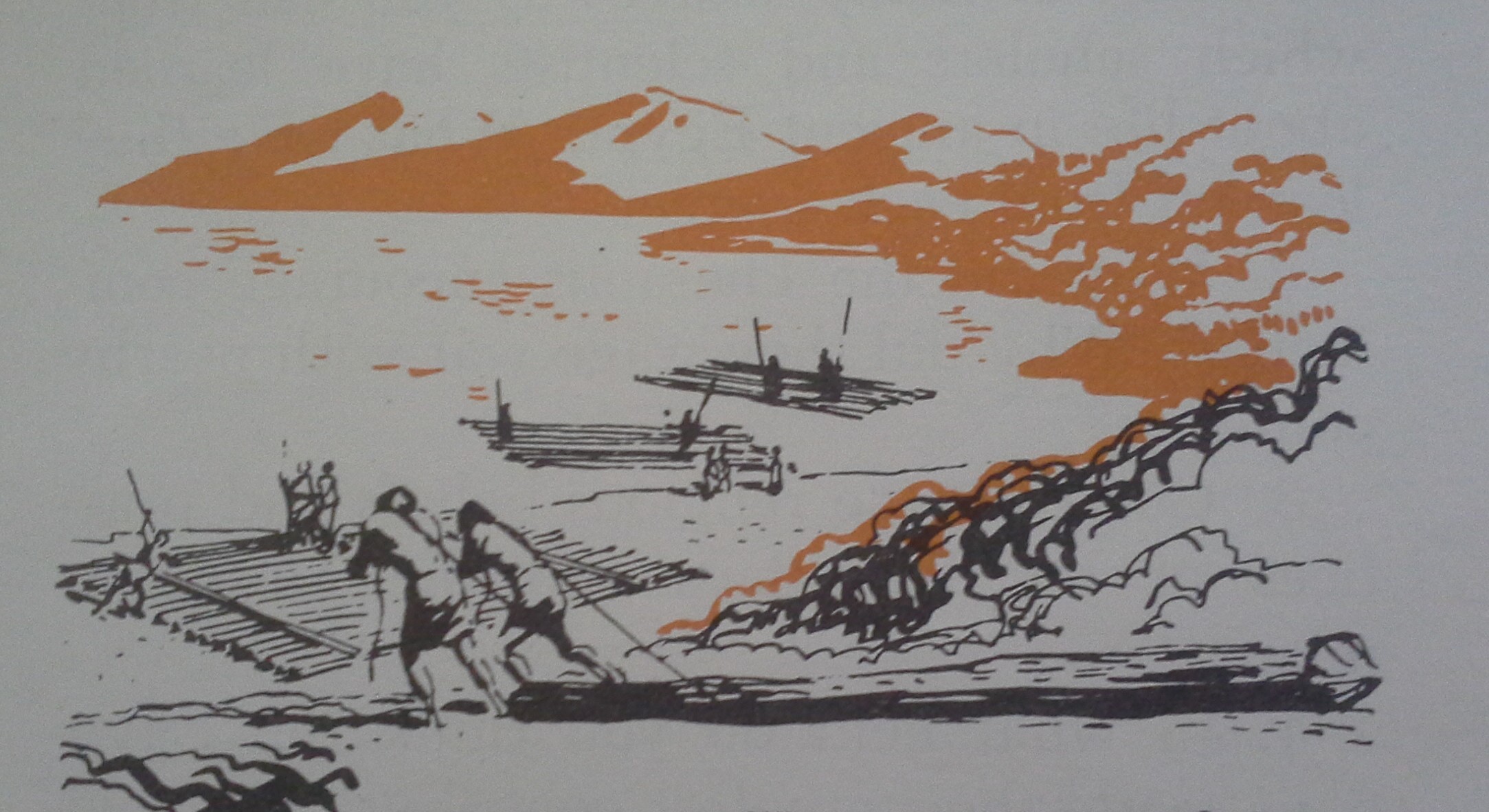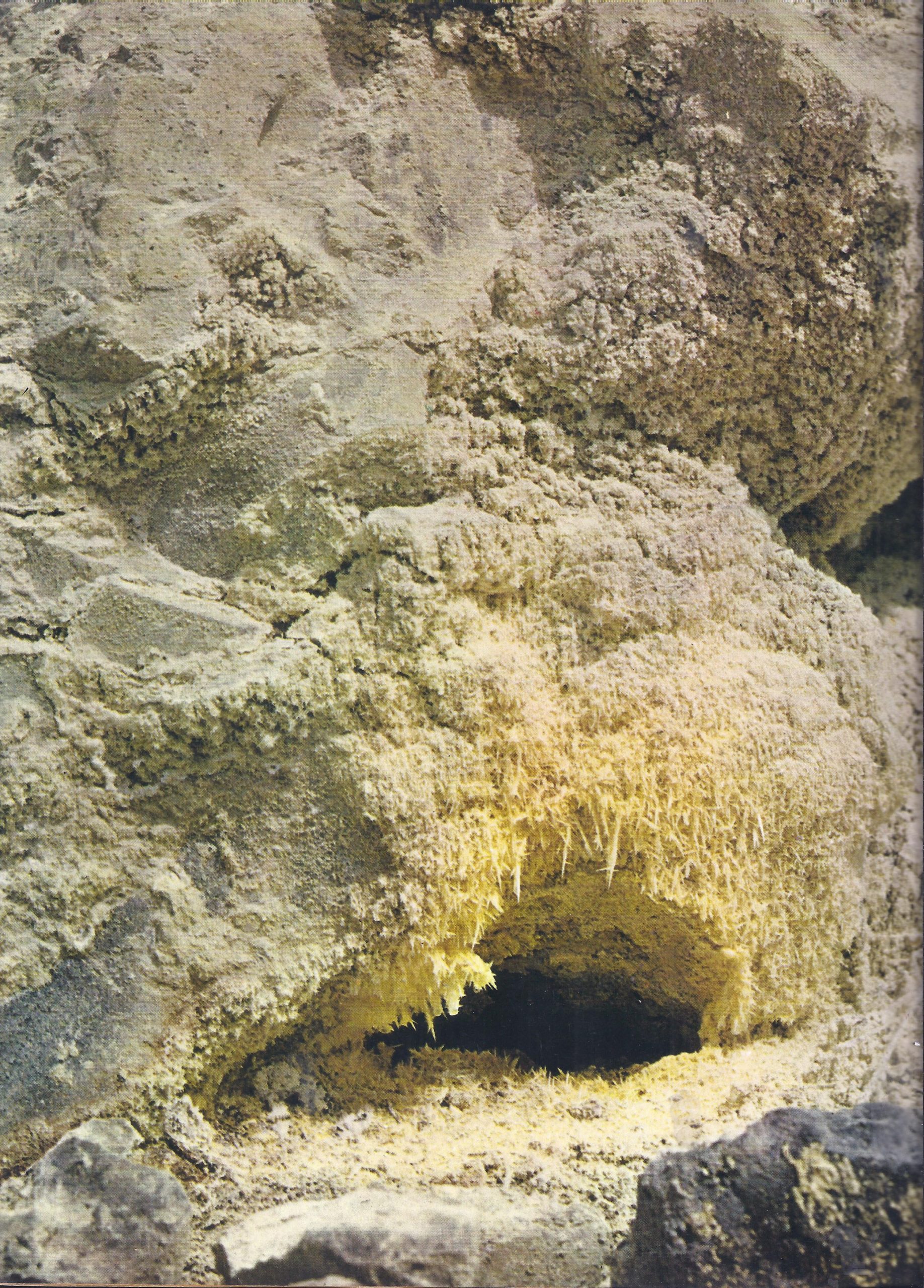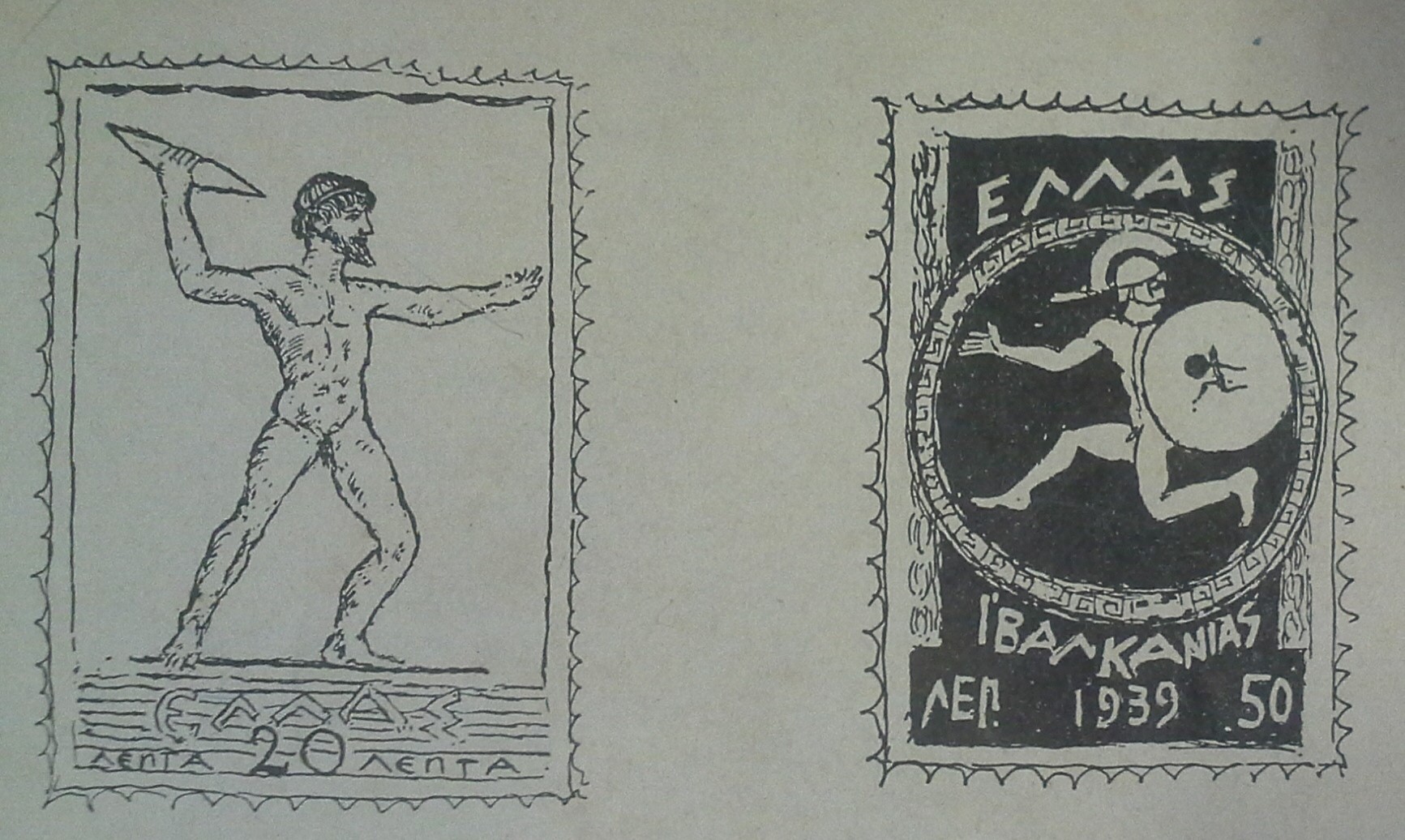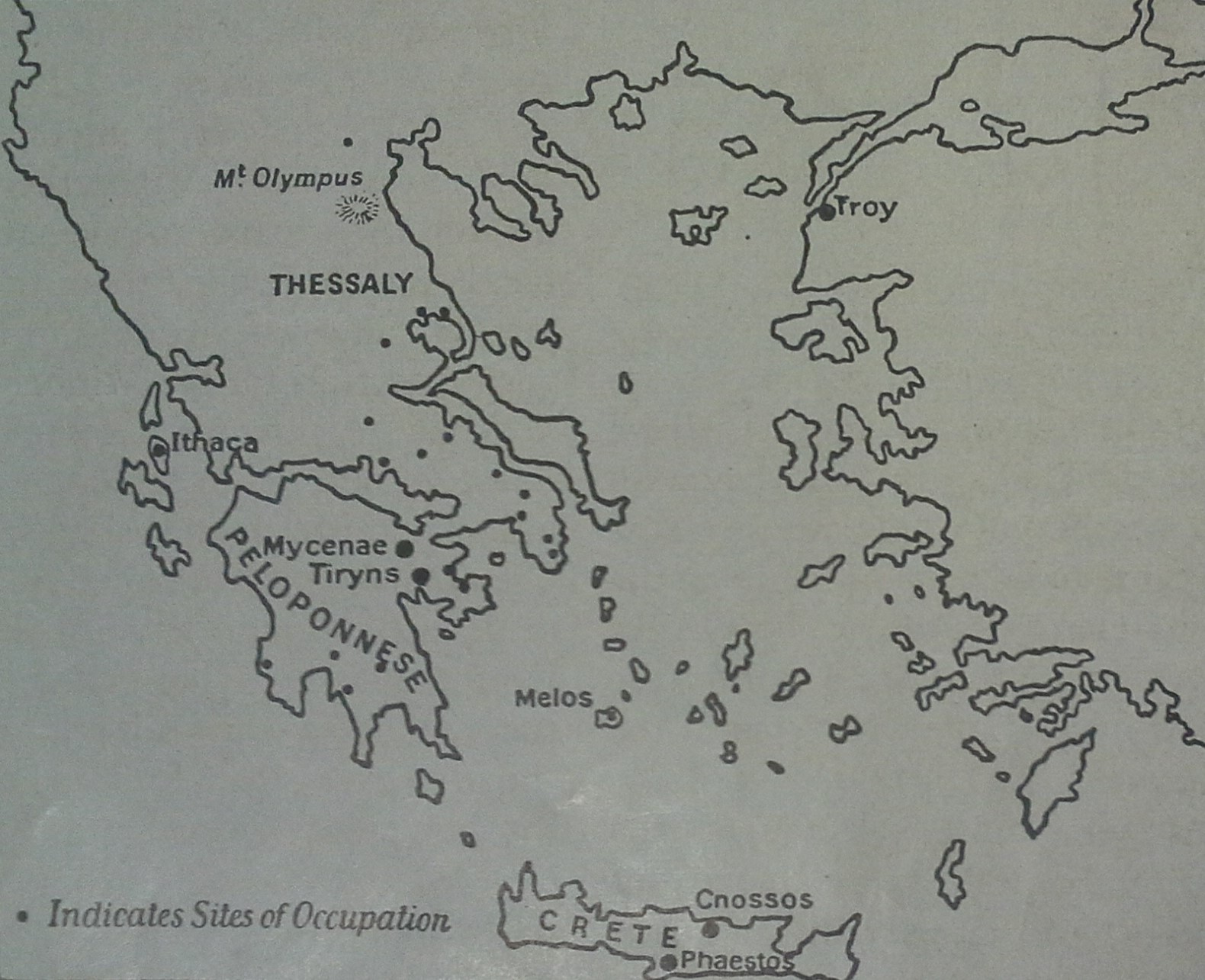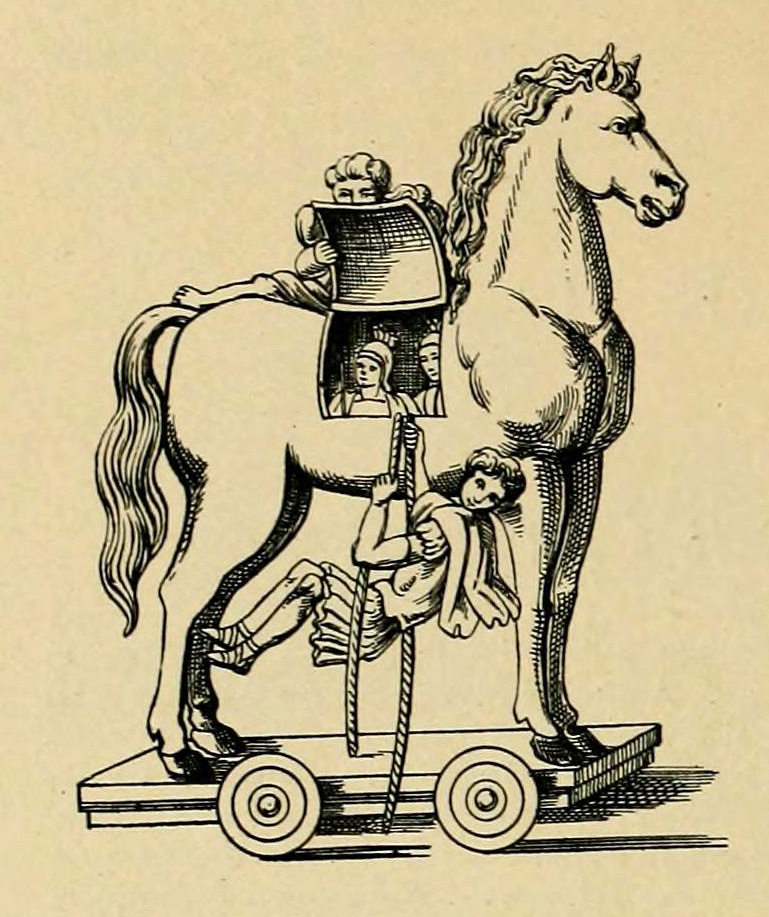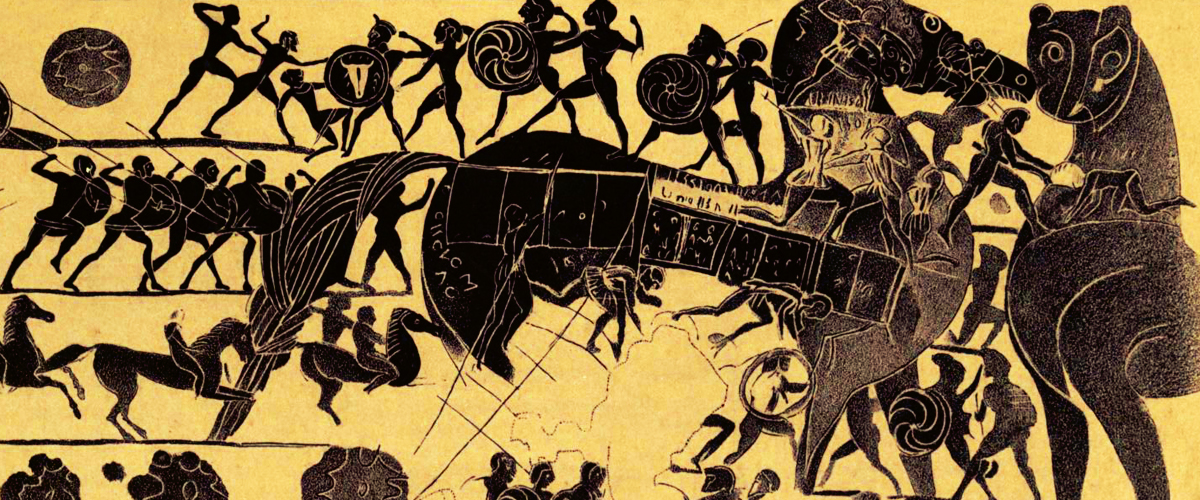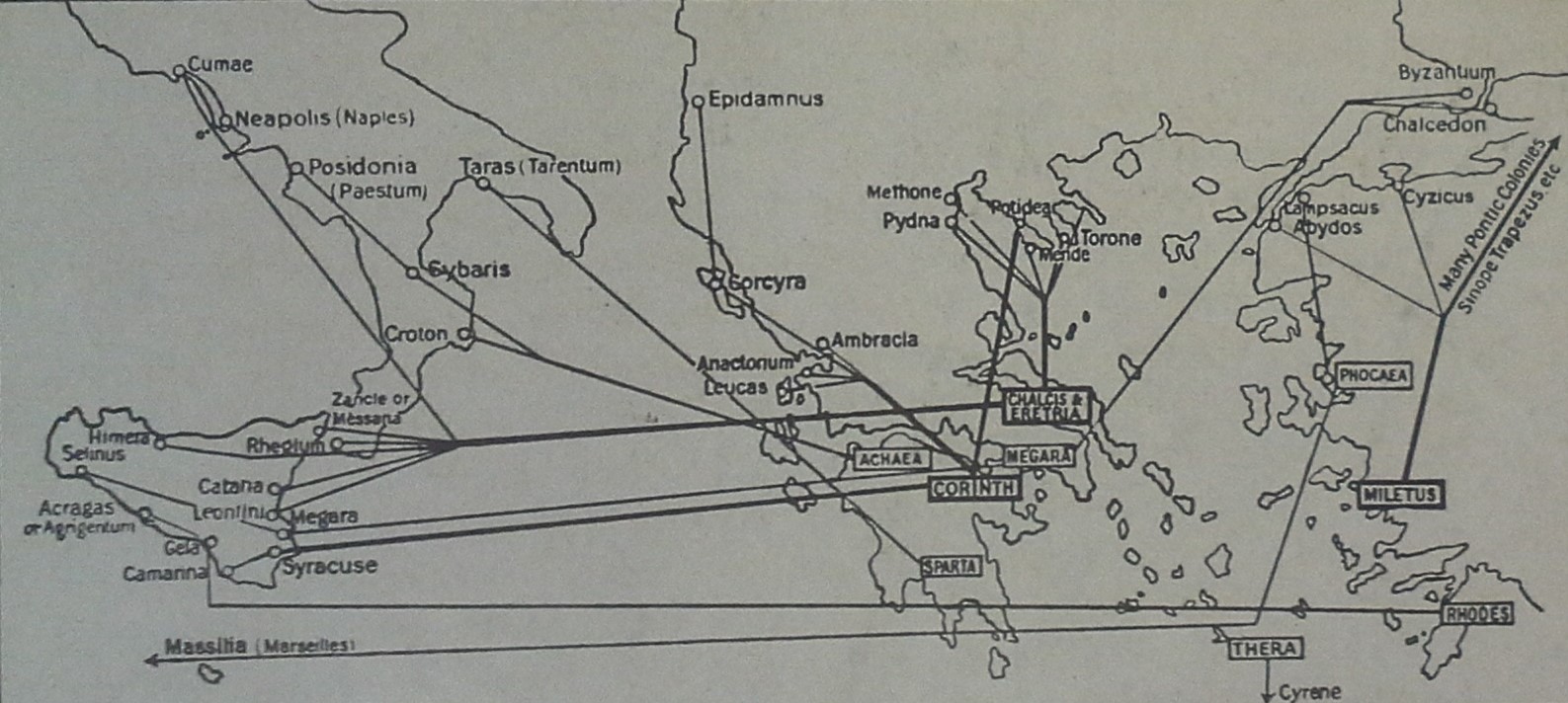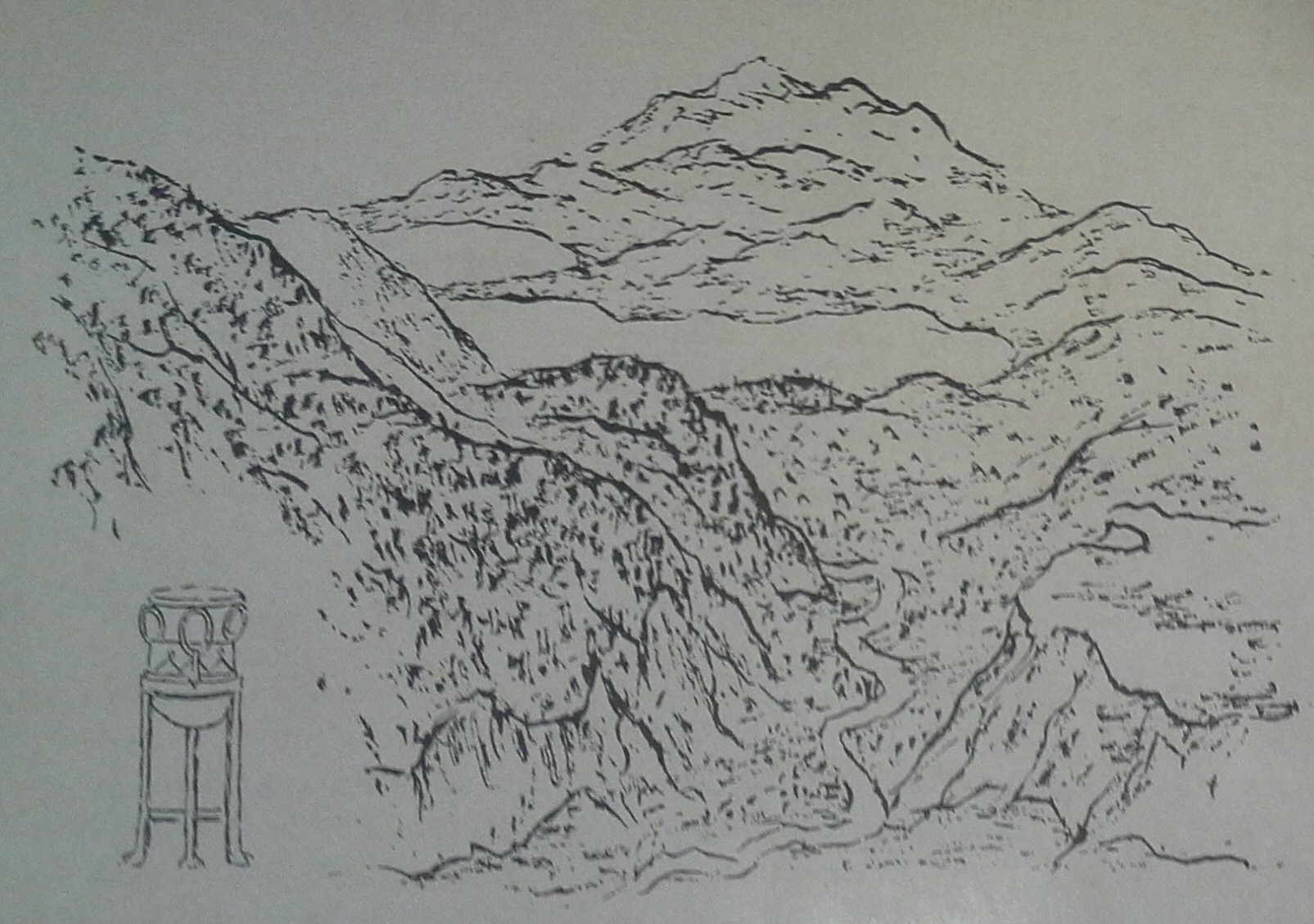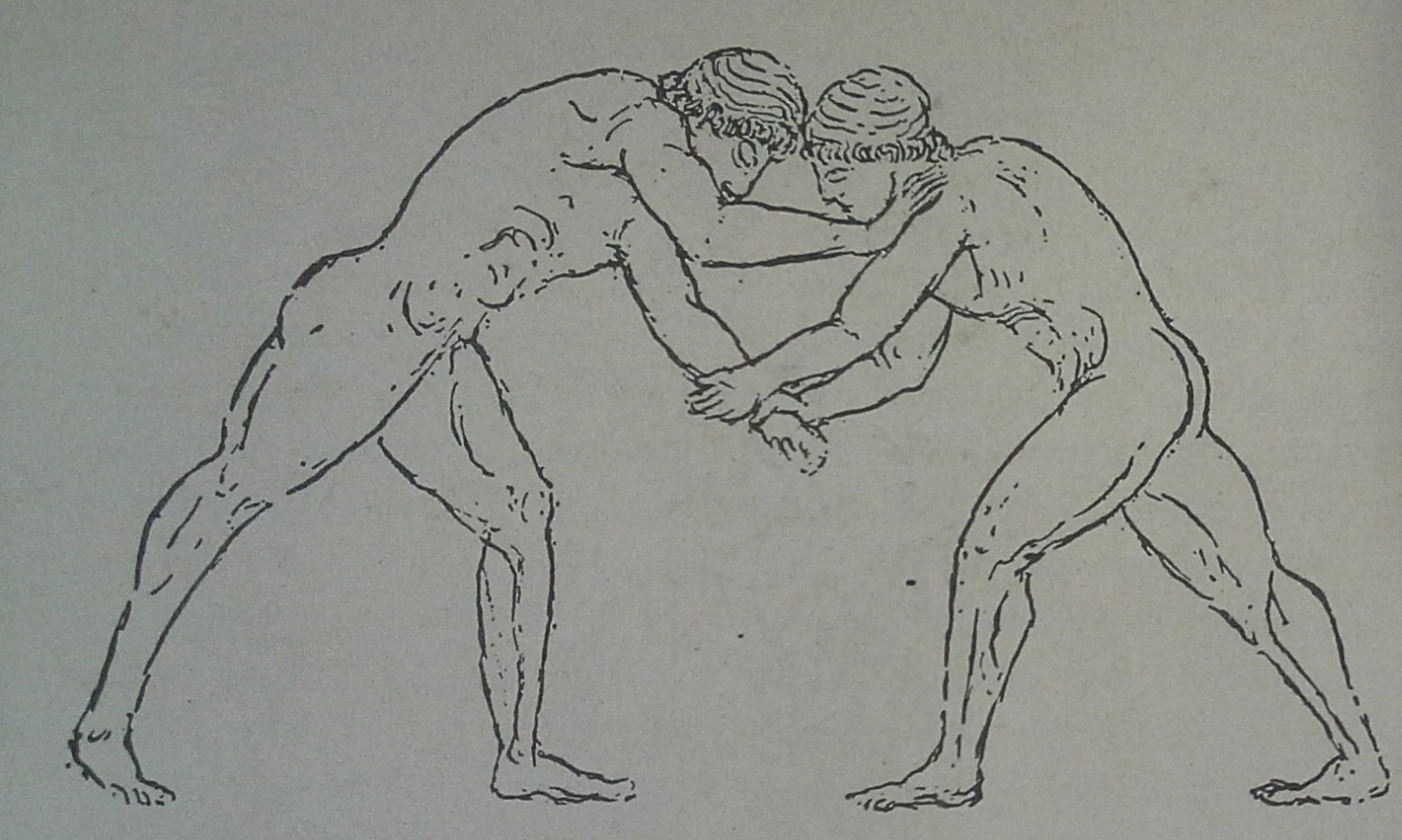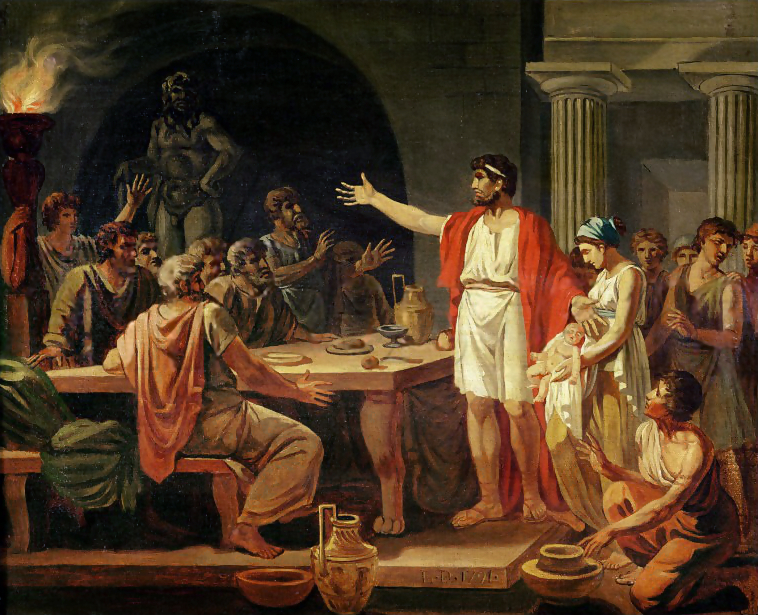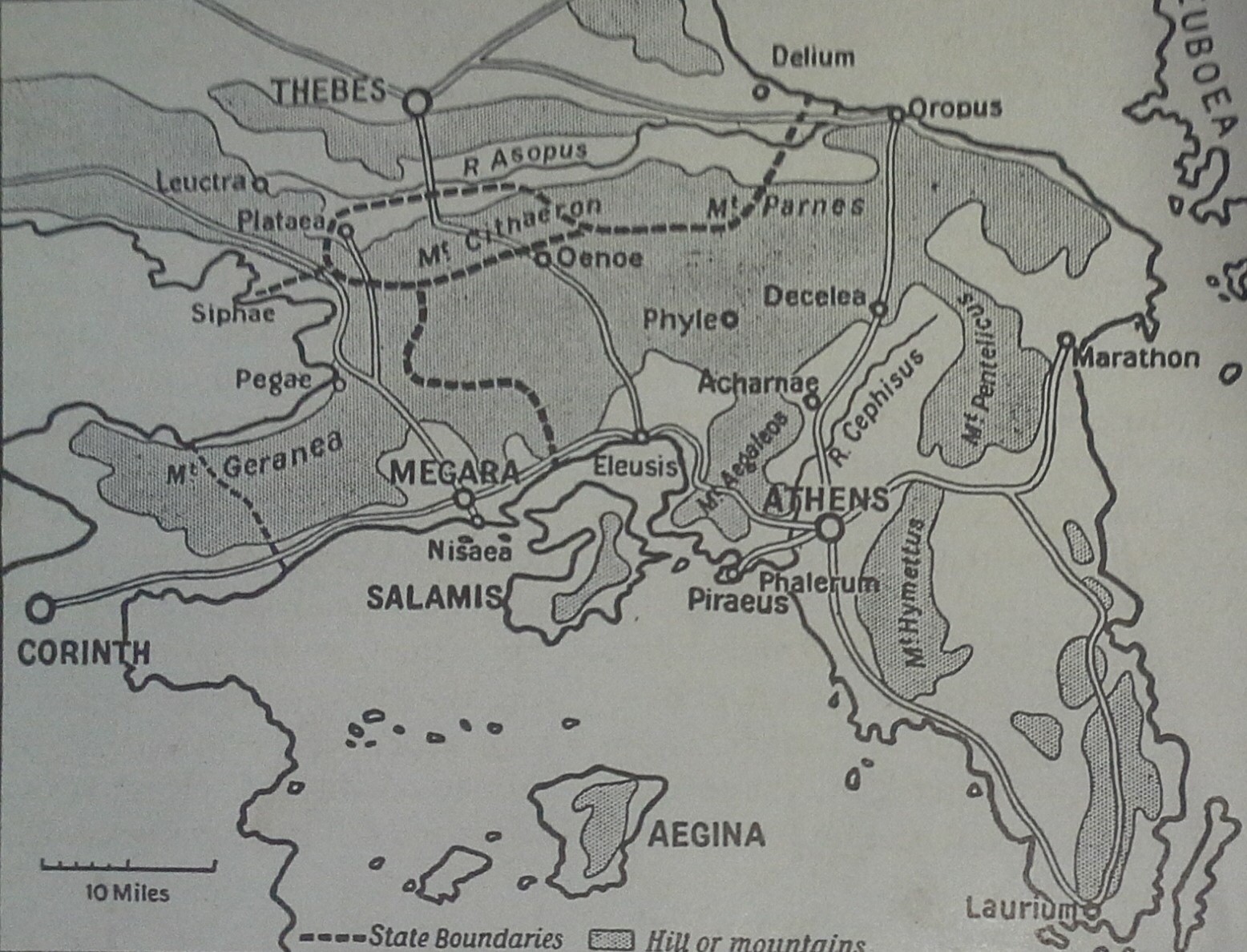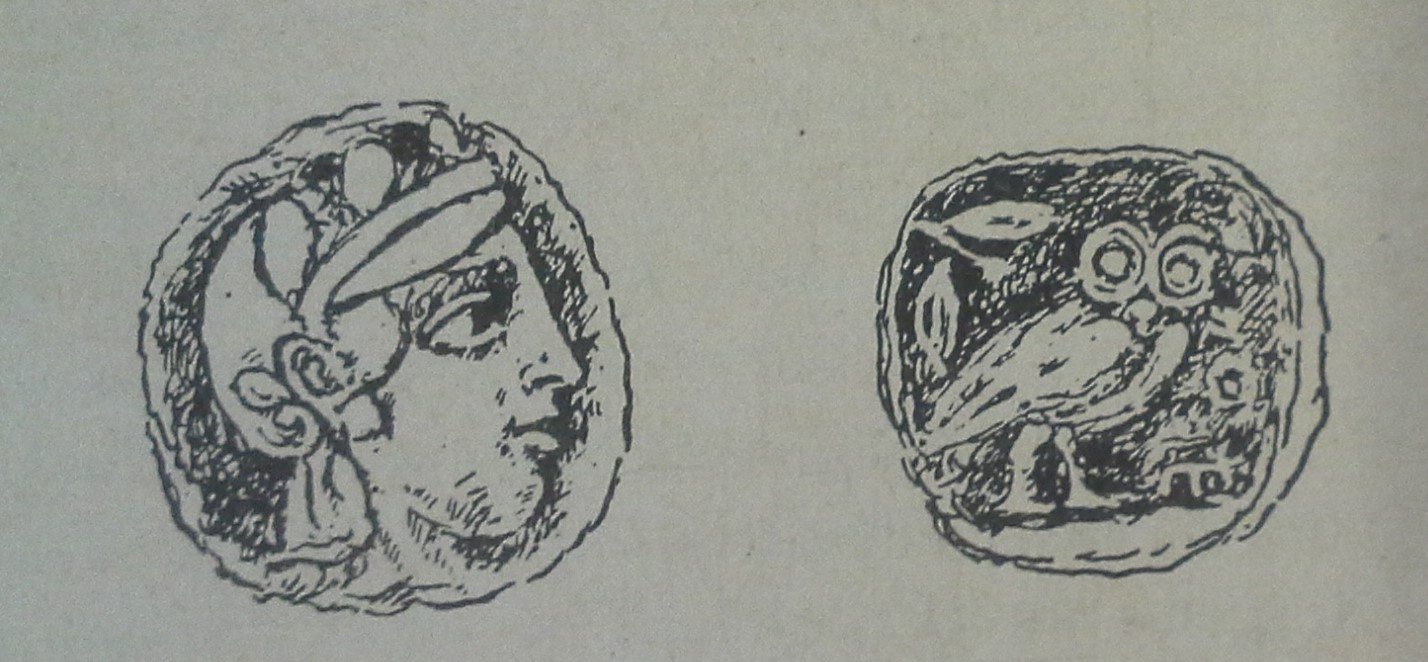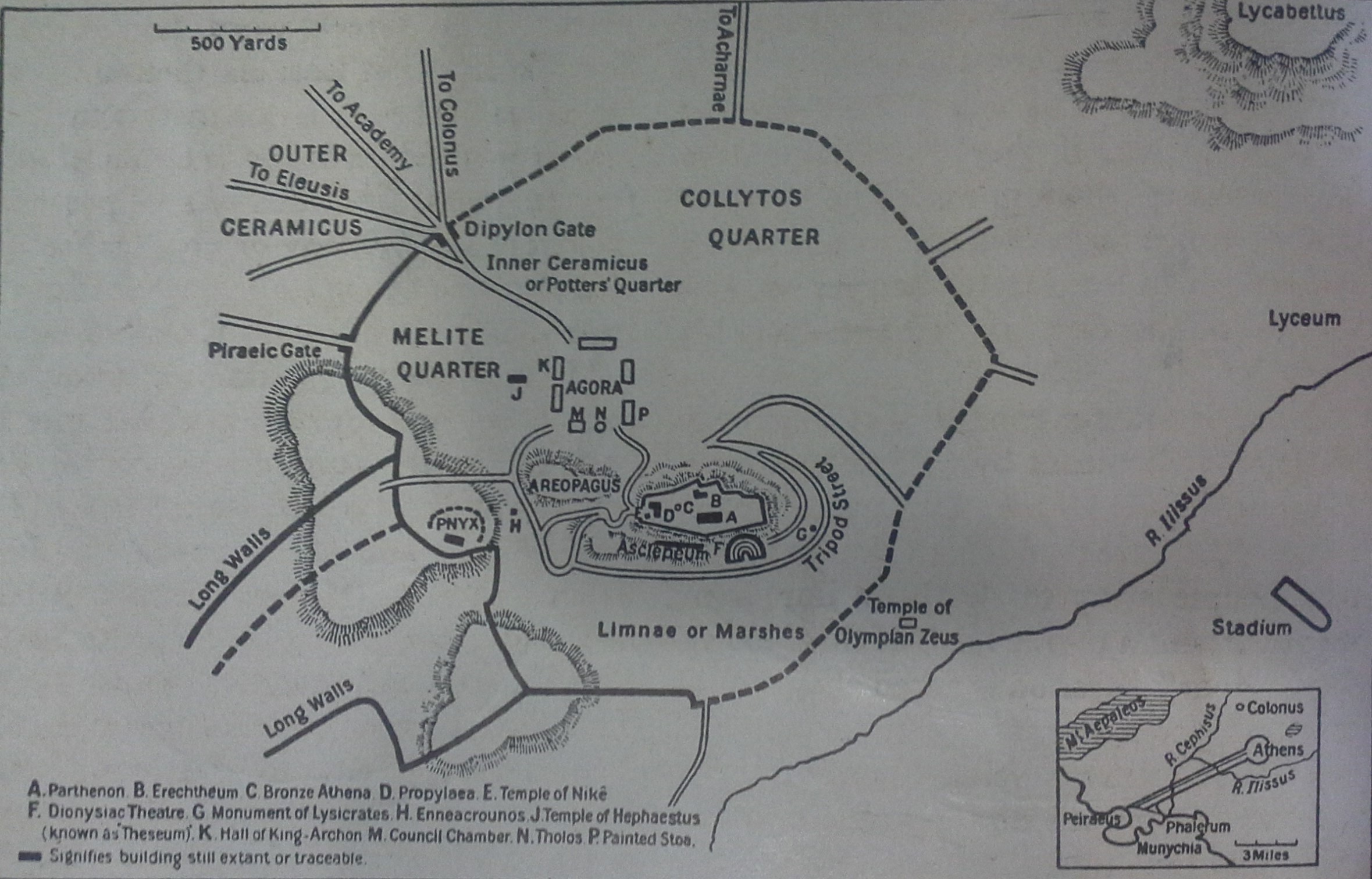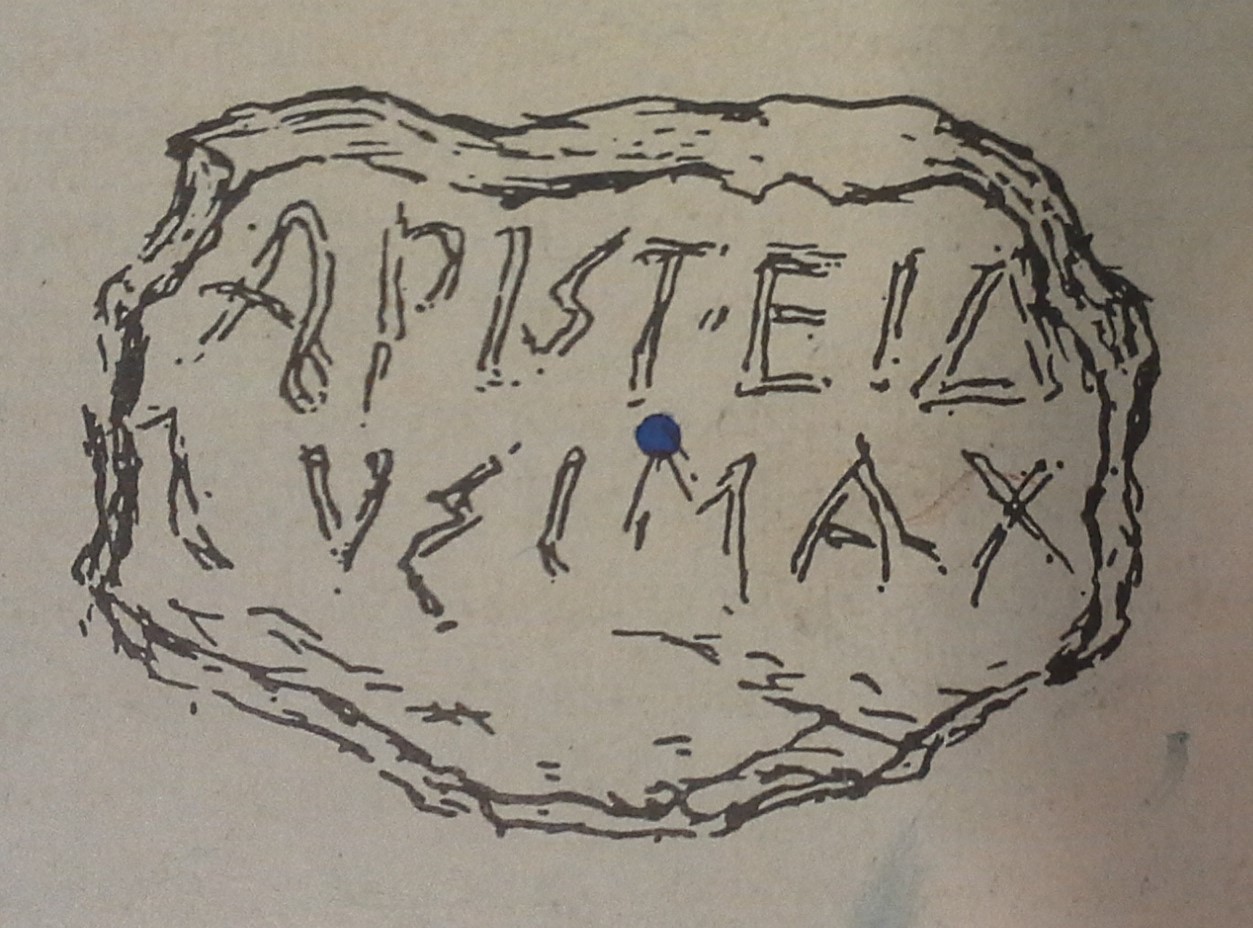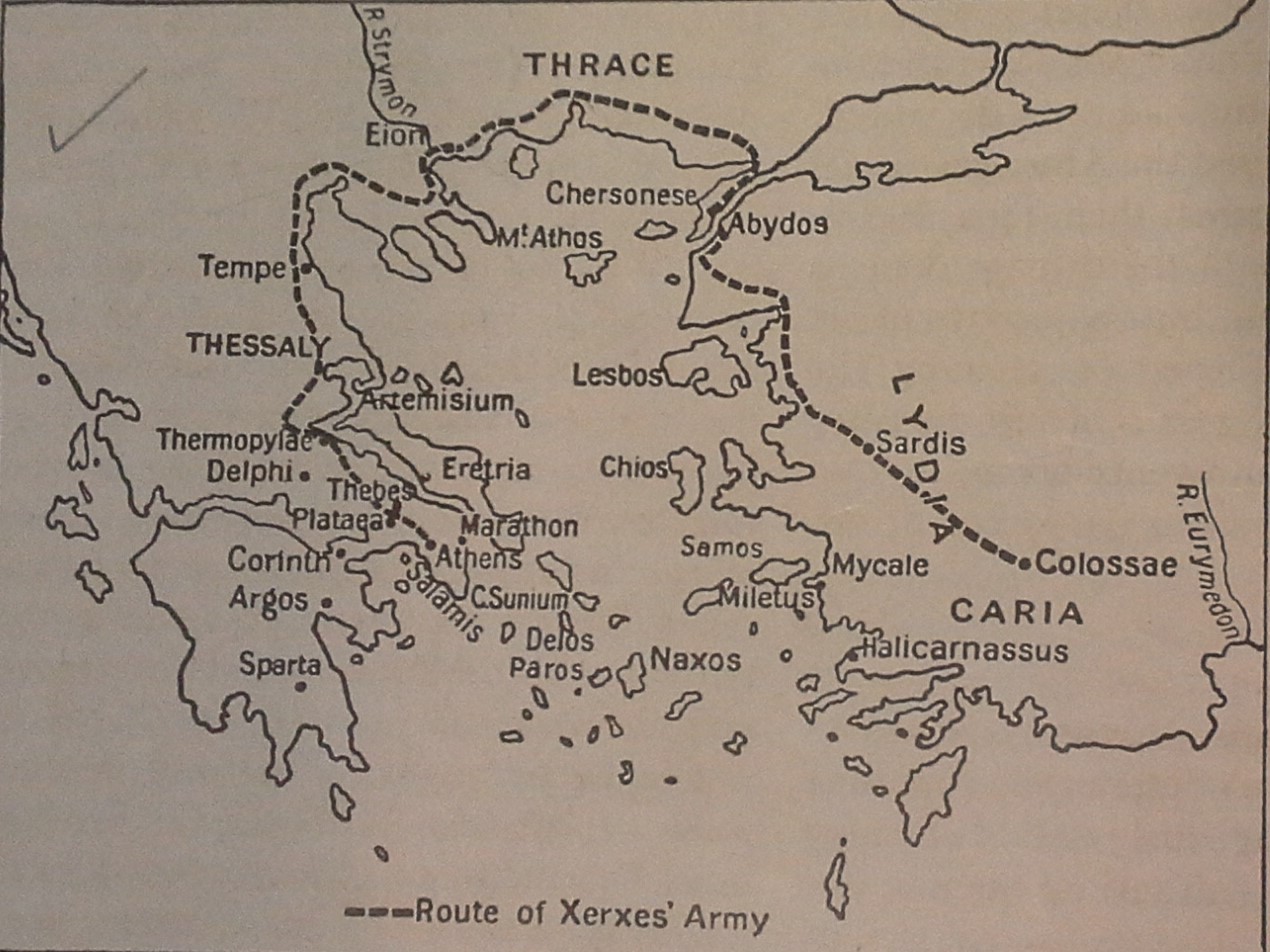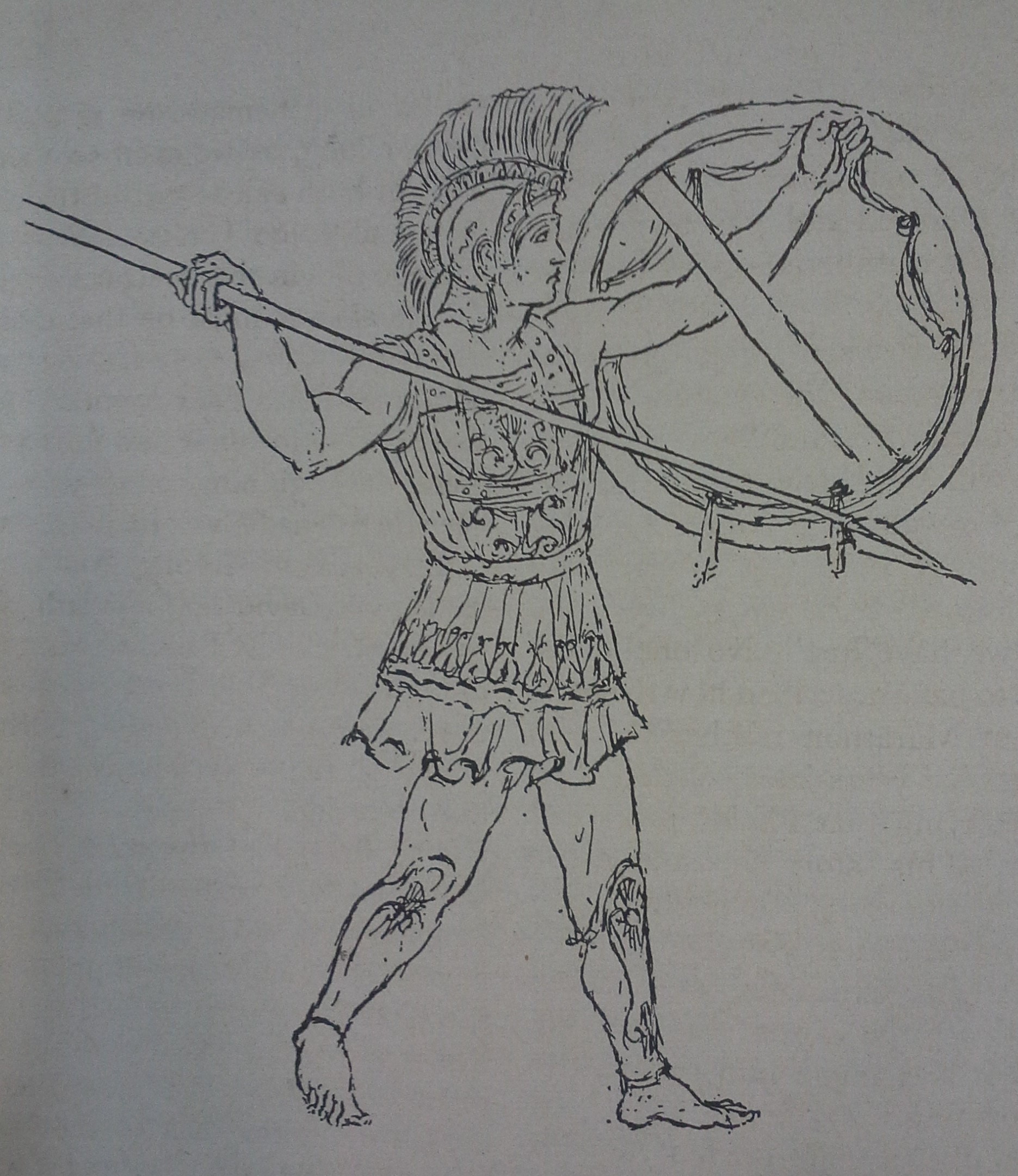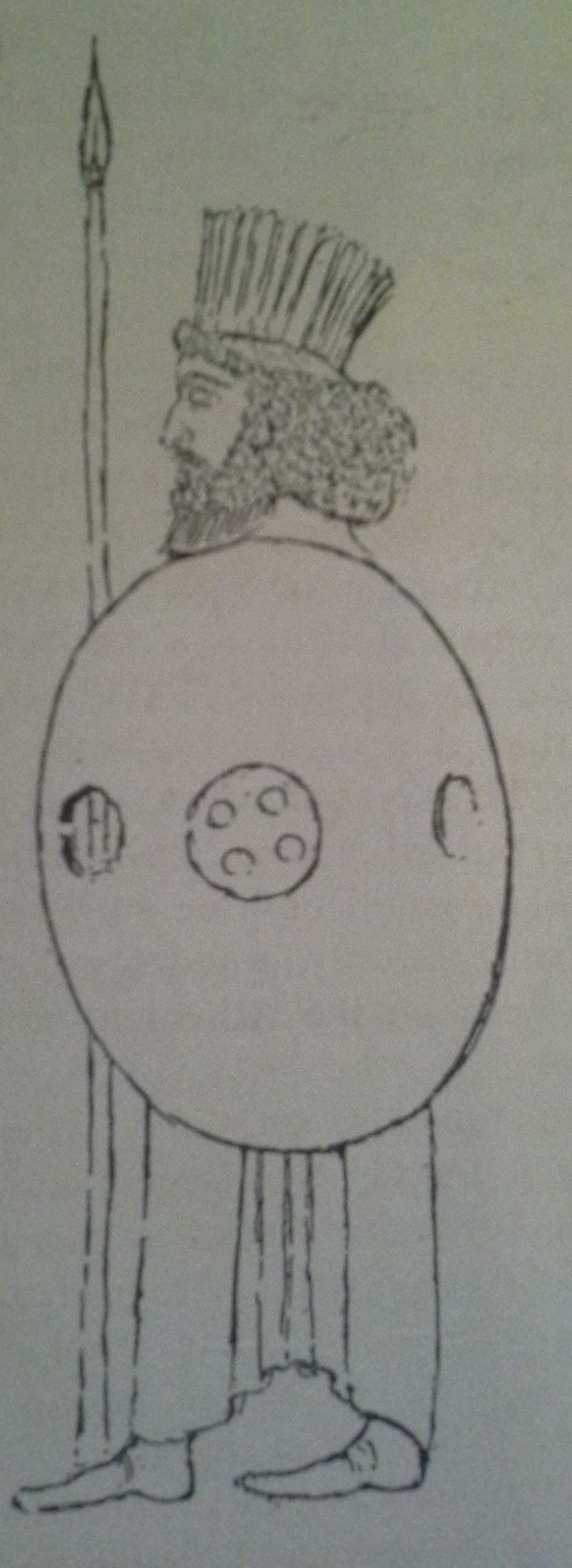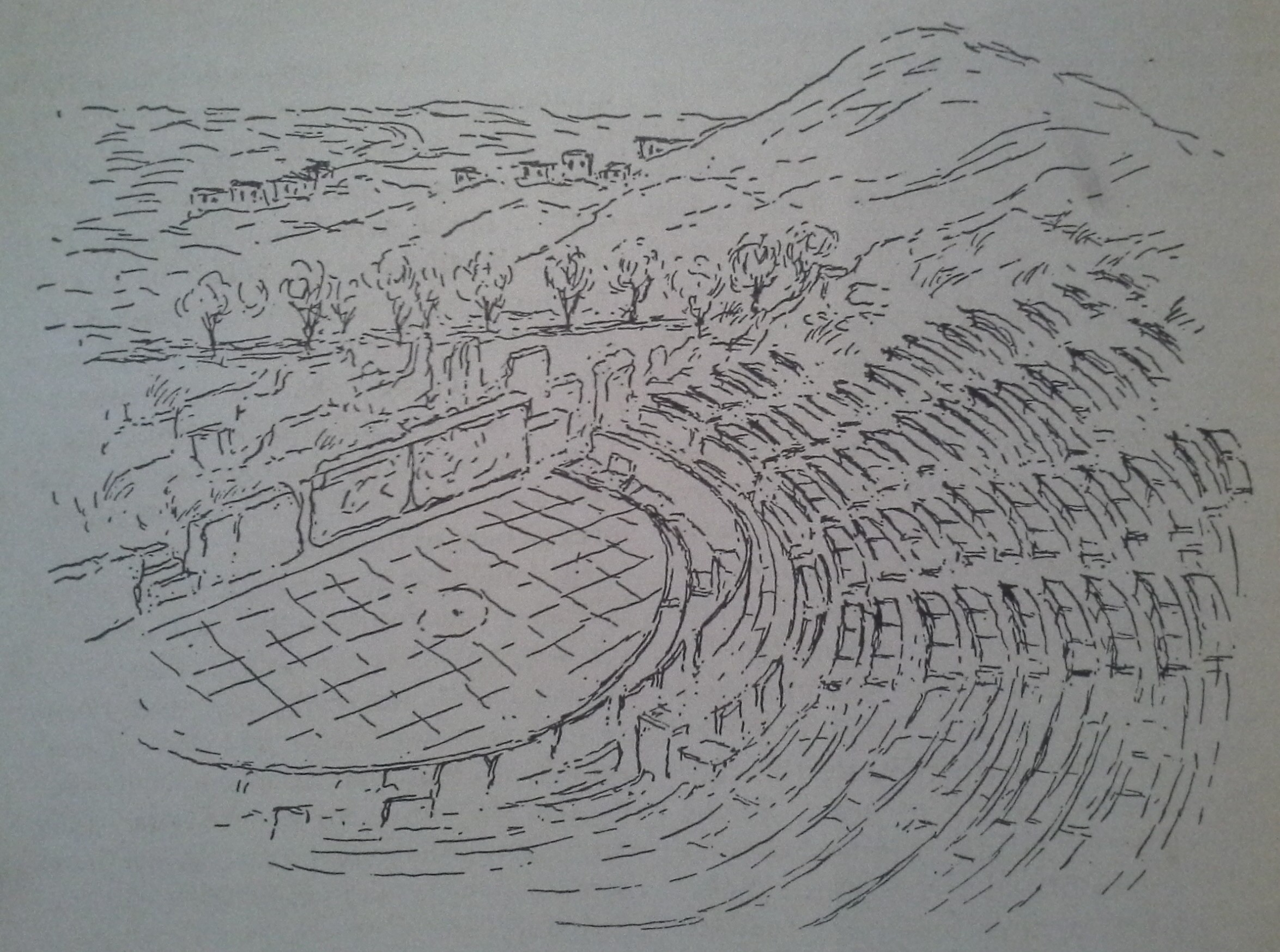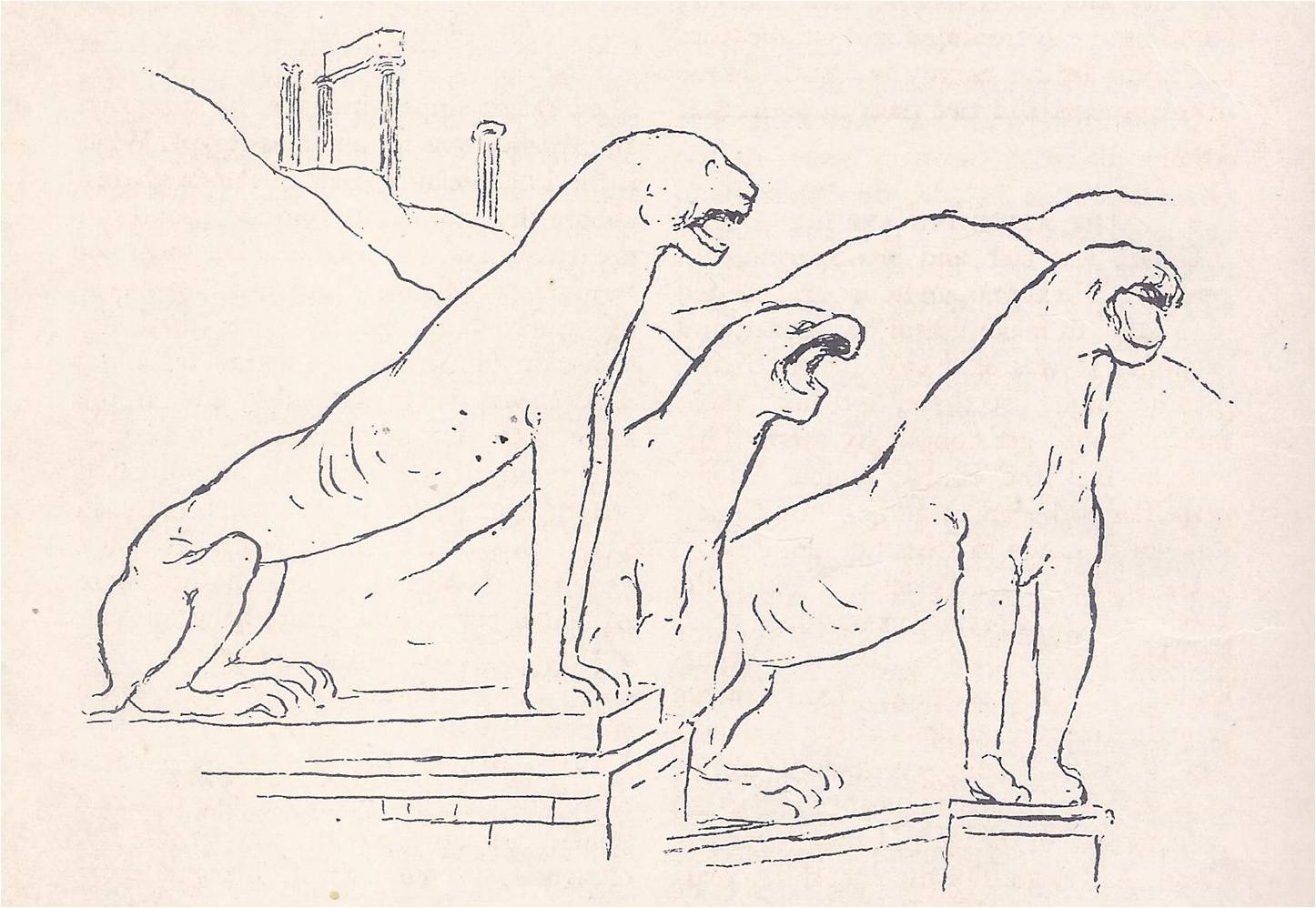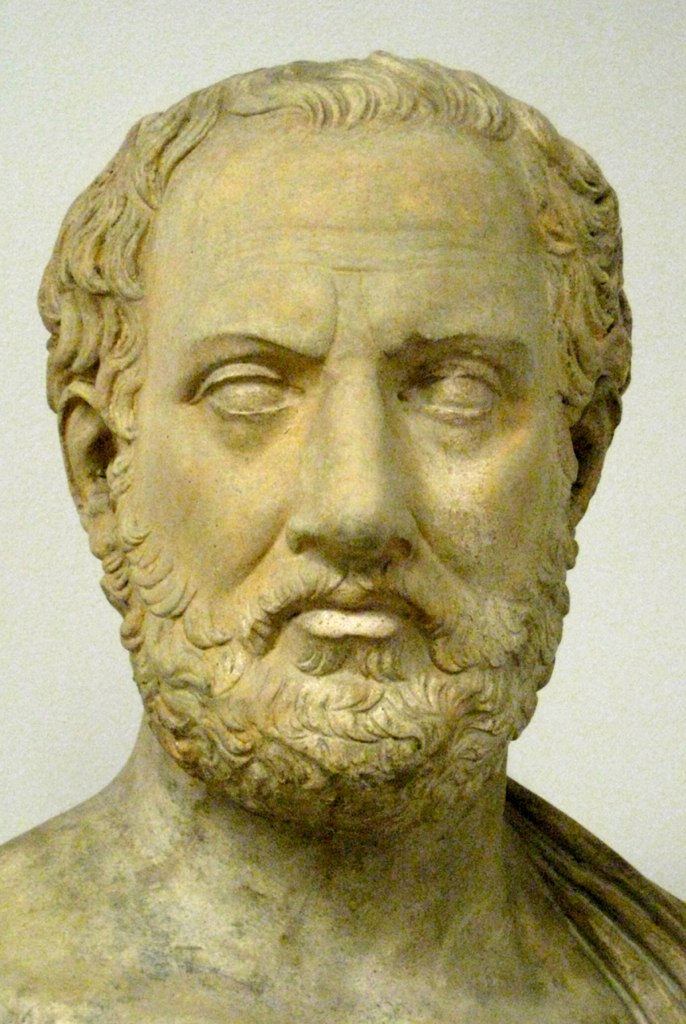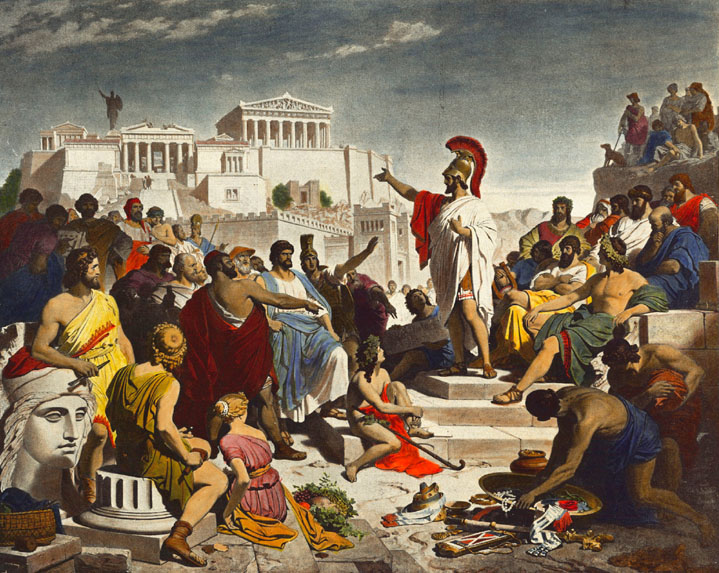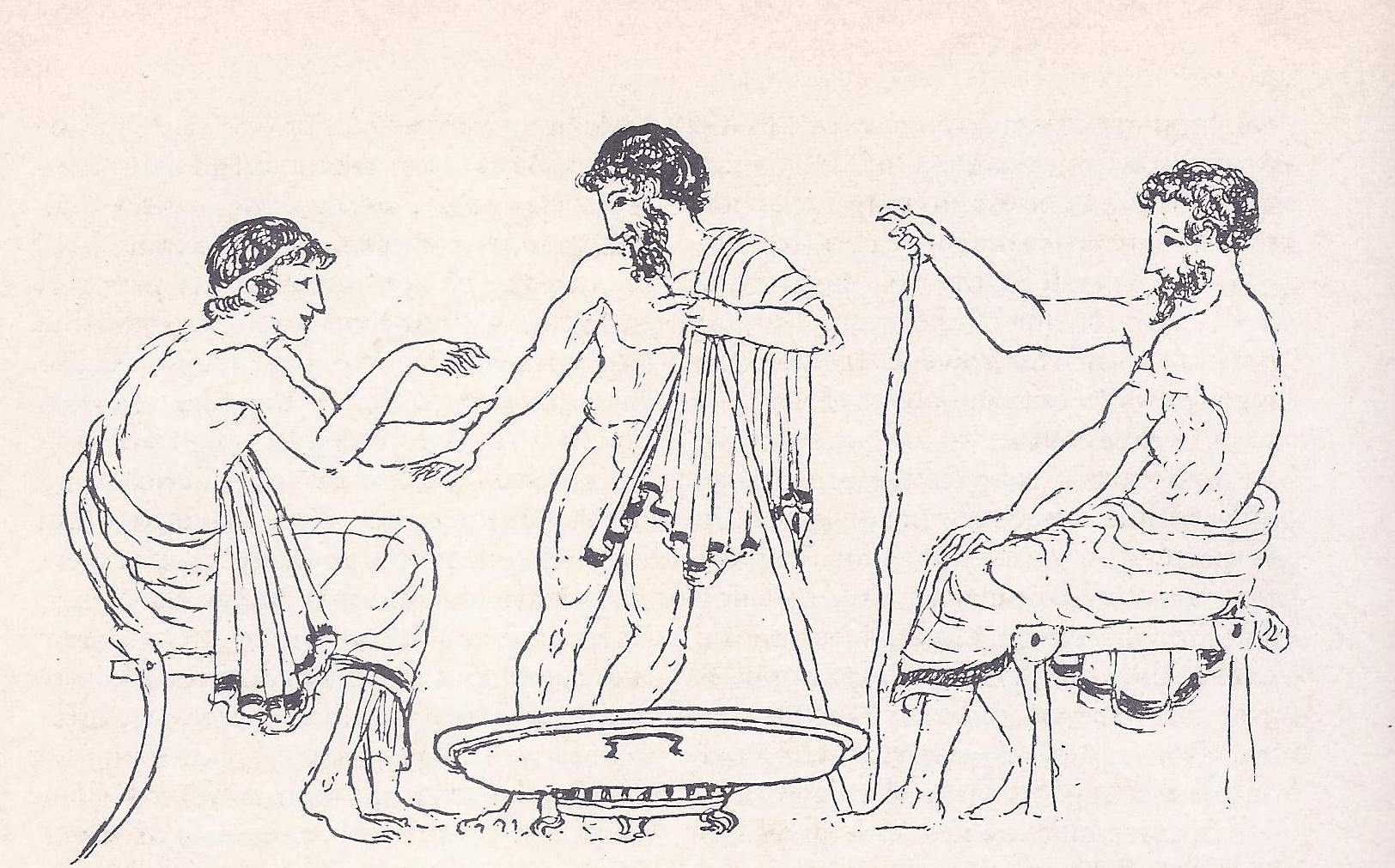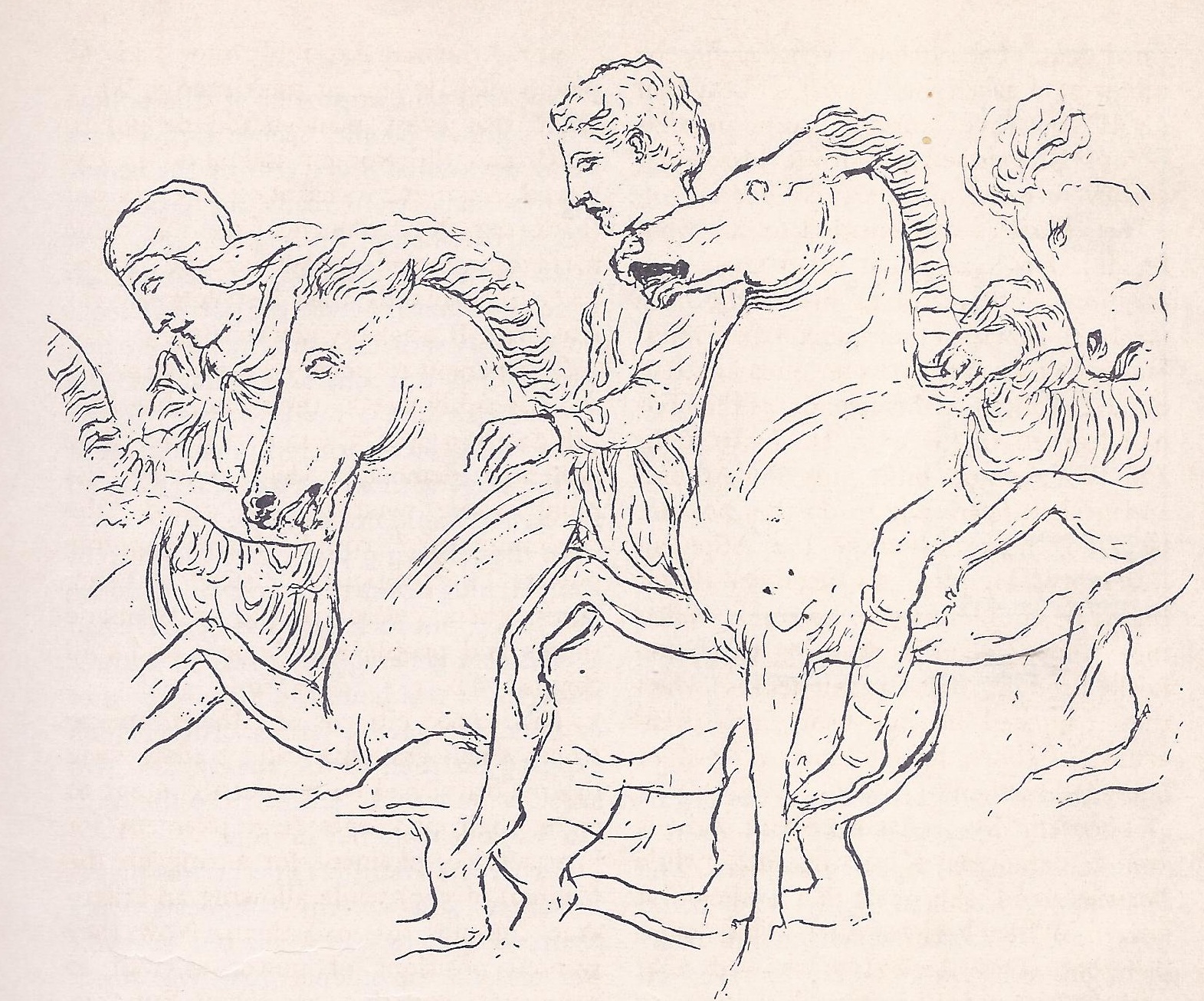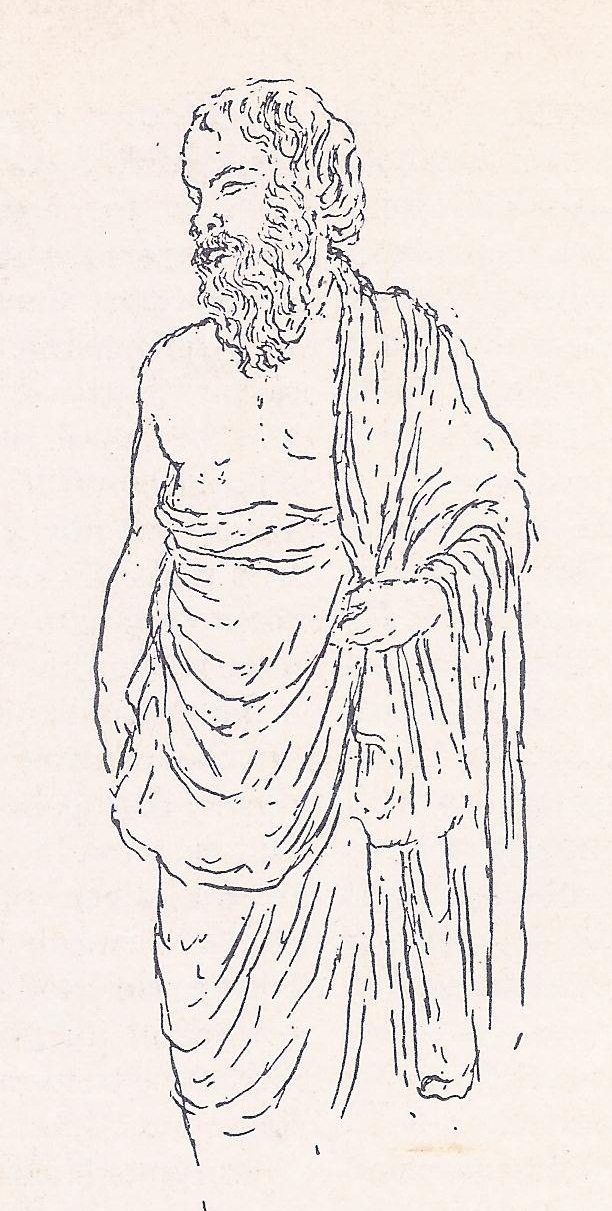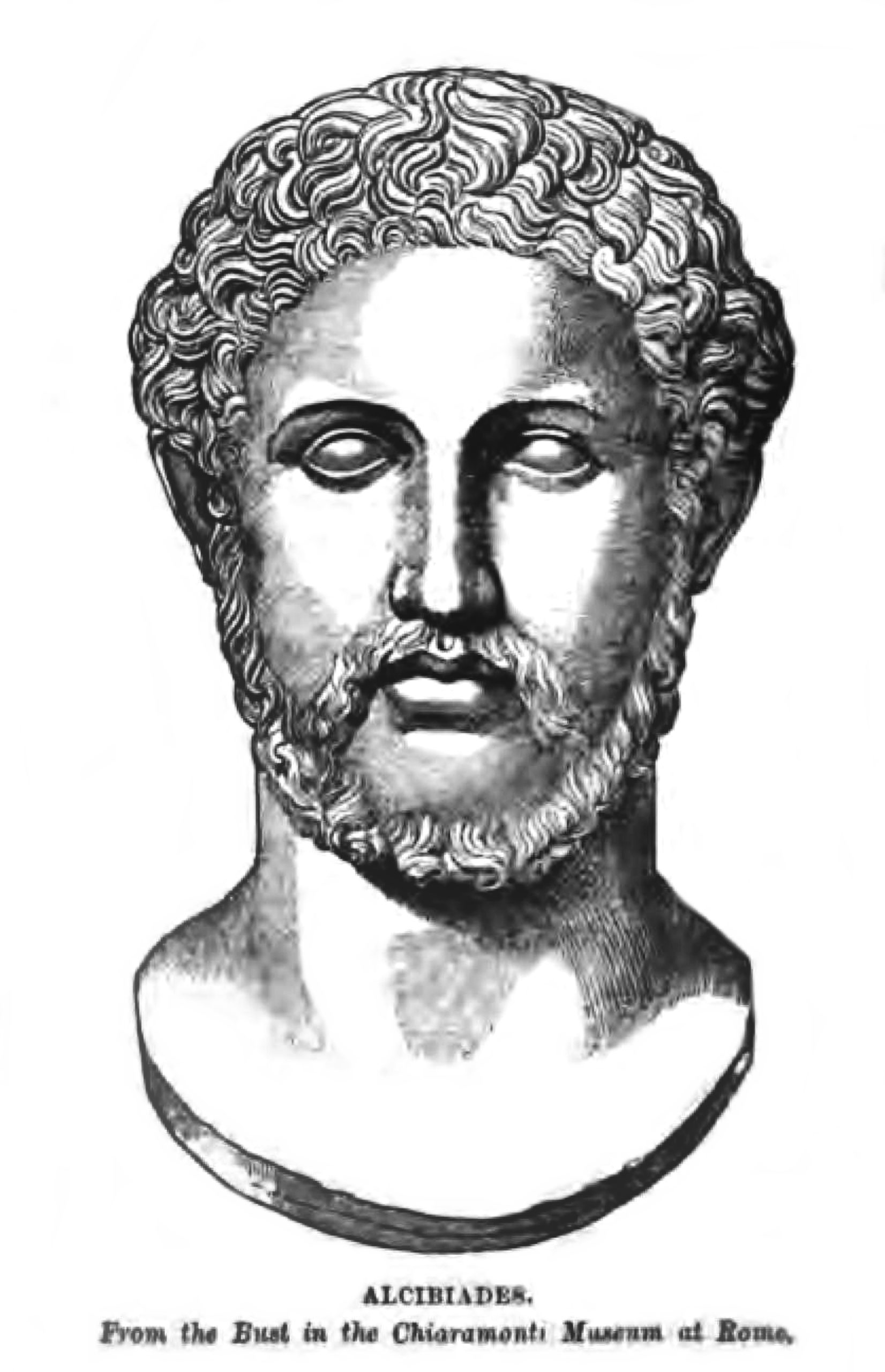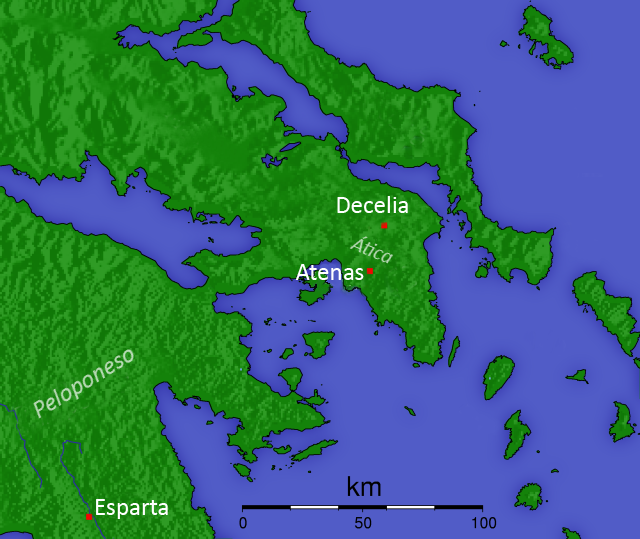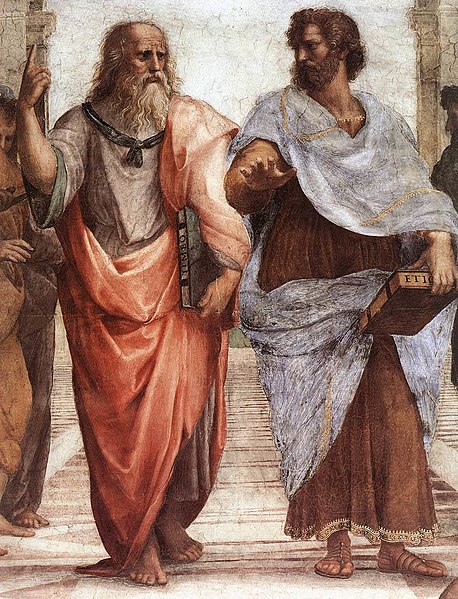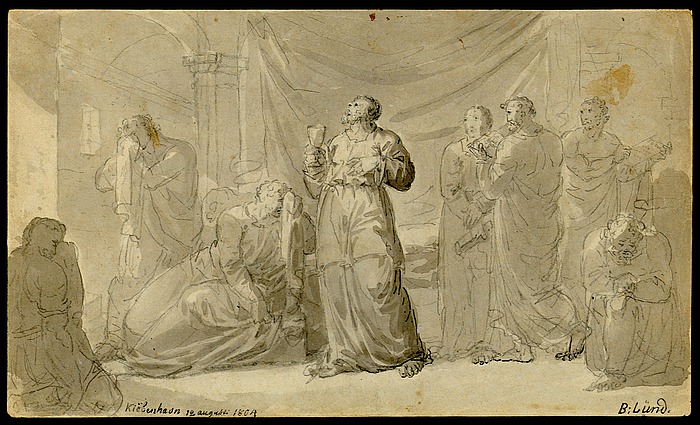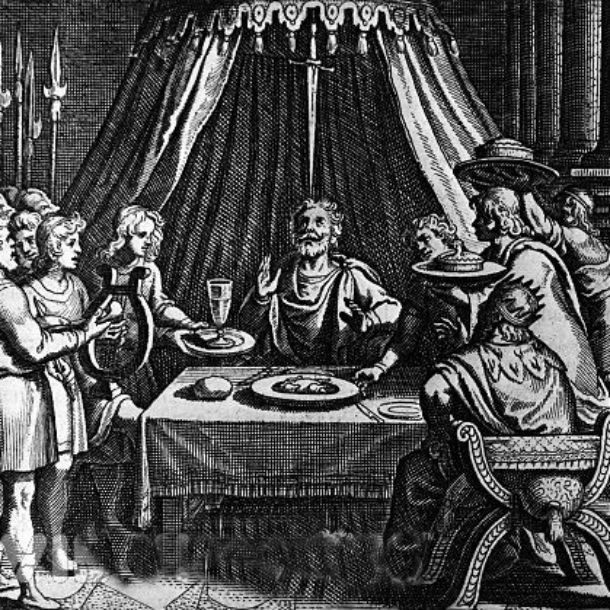Latest Posts
Kings, Tyrants and Democracy 1000 B. C. to 100 B. C.
During the Dark Ages, the large kingdoms of Homer’s Achaean heroes had disappeared. The Greek world was now dotted with
Gods and Heroes 800 B.C. – 550 B.C.
From island to island and town to town, across the wide new world of the Greeks, the minstrel wandered, with
Companions of the King 1500 B.C. – 1000 B.C.
Across the plains of Peloponnesus, flashed the swift chariots of knights and warrior-princes. They wore armour of gleaming bronze and
Early Civilizations to Modern Age
The New Capital: Constantinople A. D. 306-532
EMPEROR Constantine’s decision to build a new capital for the Roman Empire in the East did not come as a
The Great Justinian A.D. 532-565
THE STREETS of Constantinople were thronged that Tuesday morning in January of 532. Public buildings were closed. Shops on the Street of
Byzantine Glory A.D. 610-1057
The period from 610 to 717 was one of the darkest in Byzantine history. During that time, the edges of
Distant Past and New Challenges
Milestones of History
Hammurabi – The First Law Code (1750 B. C.)
As the political state evolved, the problem of its administration evolved too. The territory ruled over by Hammurabi of Babylon
Hittites – A New Power Arises (1750 – 1450 B.C.)
Hittites, a new power, arises in the Near East and Babylon is eclipsed. The Babylonian kings who followed Hammurabi were
The Eruption of Santorin – (B.C. 1450)
By 2000 B.C. Crete, and its out post the island of Santorin, was the home of a remarkable, flourishing civilization. Known
